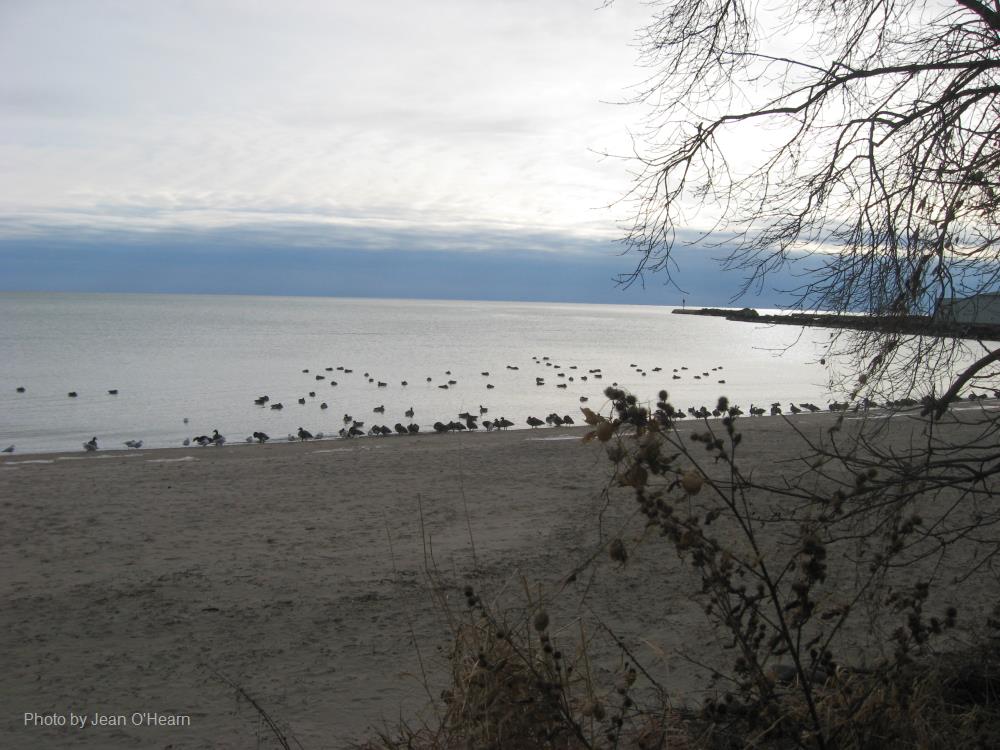
Related items loading ...
Section 1: Project Information
Project Name
BWF: Boreal Water Futures: Modelling Hydrological Processes for Wildfire and Carbon Management
Led by
|
|
Lead 1
|
Lead 2
|
Lead 3
|
Lead 4
|
|
Name
|
Mike Waddington
|
Maria Strack
|
|
|
|
Institution
|
McMaster University
|
University of Waterloo
|
|
|
|
Role
|
PI
|
PI
|
|
|
|
Contact Information
|
jmw@mcmaster.ca
905 525 9140 ext 23217
|
mstrack@uwaterloo.ca
519 888 4567 ext 40580
|
|
|
Classification (e.g., "GWF Pillar 3", "CCRN", etc.)
GWF Pillar 1 Ph2
Project Websites
Project Description
Project Overview: Canada’s boreal biome, which represents both a critically important global freshwater resource and carbon reserve, is undergoing extraordinary transformative change that is having profound impacts on boreal ecosystem function, source water protection, and wildfire behaviour and management. Natural resources development is expanding the density of wildland-society interfaces (WSI) at the same time as boreal wildfire intensification is placing ever increasing threats and risks on human health and safety, water quality, and global climate regulation. The 2016 Fort McMurray wildfire was Canada's largest natural disaster (economic damage of $8.9B) and represented a turning point for the need to diagnose hydrological thresholds and predict smouldering fire behaviour. Moreover, our recent Boreal Water Futures (BWF) risk assessment, co-developed with BWF stakeholders, highlighted the need to develop nature-based land management solutions (NBS) (e.g. wetland restoration, FireSmart) to create a more resilient boreal WSI and to enhance boreal water resources, carbon and wildfire management.
To achieve this management goal previous, BWF research (
https://www.borealwaterfutures.ca ,
https://gwf.usask.ca/projects-facilities/all-projects/p3-bwf.php , and
https://gwfnet.net/Metadata/Record/T-2021-11-18-S1g229ntXdkaecS3PtujEqbA ) highlighted the need to incorporate hydrological thresholds and pair the maintenance of ecohydrological services with wildfire management. Critical to this research is the modelling of cold regions hydrological processes in black spruce wetlands with thick organic soils. Black spruce (above-ground) and organic soil (below-ground) fuel loads, and fuel availability (moisture contents) have high spatio-temporal variability and as such there is a need to characterize and hydrologically model this complexity in order to evaluate how various NBS approaches alter WSI resilience to wildfire.
This project brings together a team of internationally renowned ecohydrology, wetlands and wildfire scientists and several NGO and government collaborators to model boreal ecosystem hydrological processes for wildfire and carbon management. Our approach parameterizes an ecohydrological model using remotely sensed data and couples this with both a carbon flux model and fire behaviour model to determine the optimal vegetation composition and ecohydrological characteristics to maximize carbon storage and minimize wildfire risk under both contemporary and future climate change scenarios.
Project Participants
|
Mike Flannigan | Co-I | University of Alberta |
Mike Wotton | Co-I | University of Toronto |
Current Status of this Project


 GWFNet
GWFNet Master
Master Data
Data Research
Research Map
Map
 Advanced
Advanced Tools
Tools
 . . .
. . .
 Metadata Editor
Metadata Editor
 Record List
Record List
 Alias List Editor
Alias List Editor
 Legacy sites
Legacy sites